
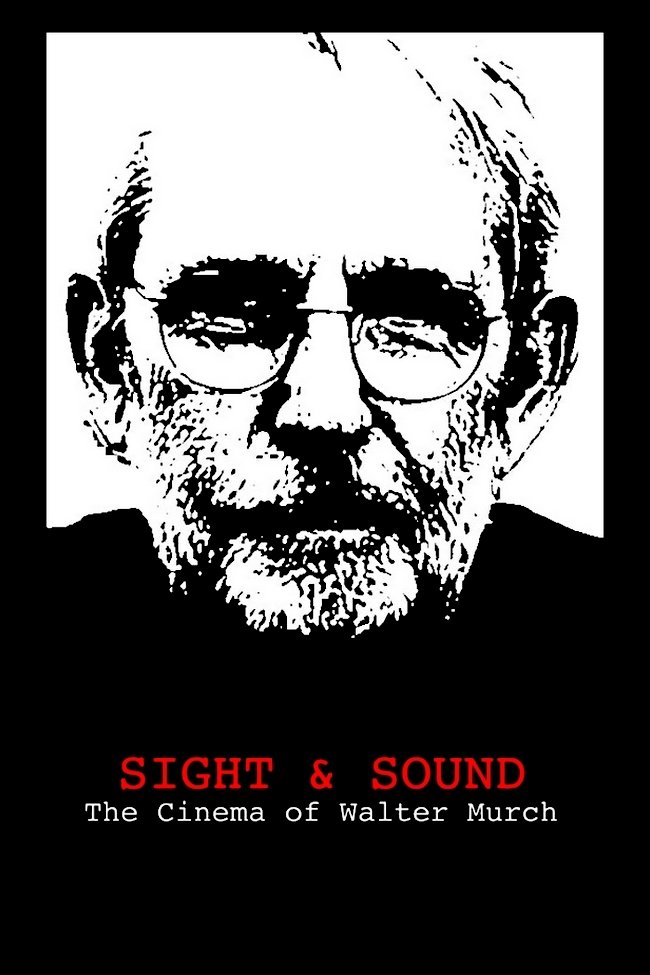
Legendary film editor and sound designer Walter Murch talks about his work and philosophy. (Based on over 50 hours of Murch's lectures, interviews, and commentaries.)
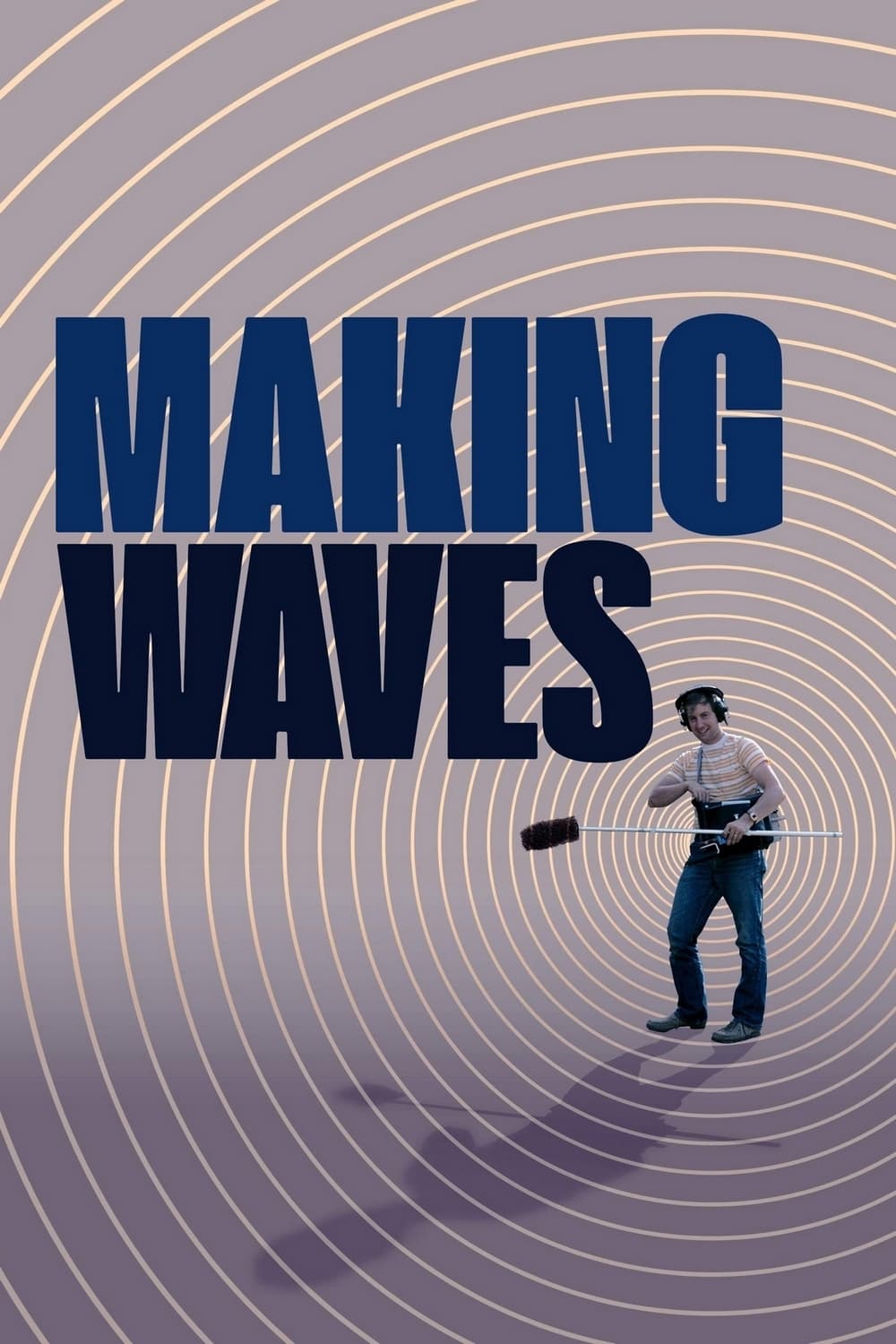
The history of cinematic sound, told by legendary sound designers and visionary filmmakers.

Tehran, Iran, August 19, 1953. A group of Iranian conspirators who, with the approval of the deposed tyrant Mohammad Reza Pahlavi, have conspired with agents of the British MI6 and the US CIA, manage to put an end to the democratic government led by Mohammad Mosaddegh, a dramatic event that will begin the tragic era of coups d'état that, orchestrated by the CIA, will take place, over the following decades, in dozens of countries around the world.
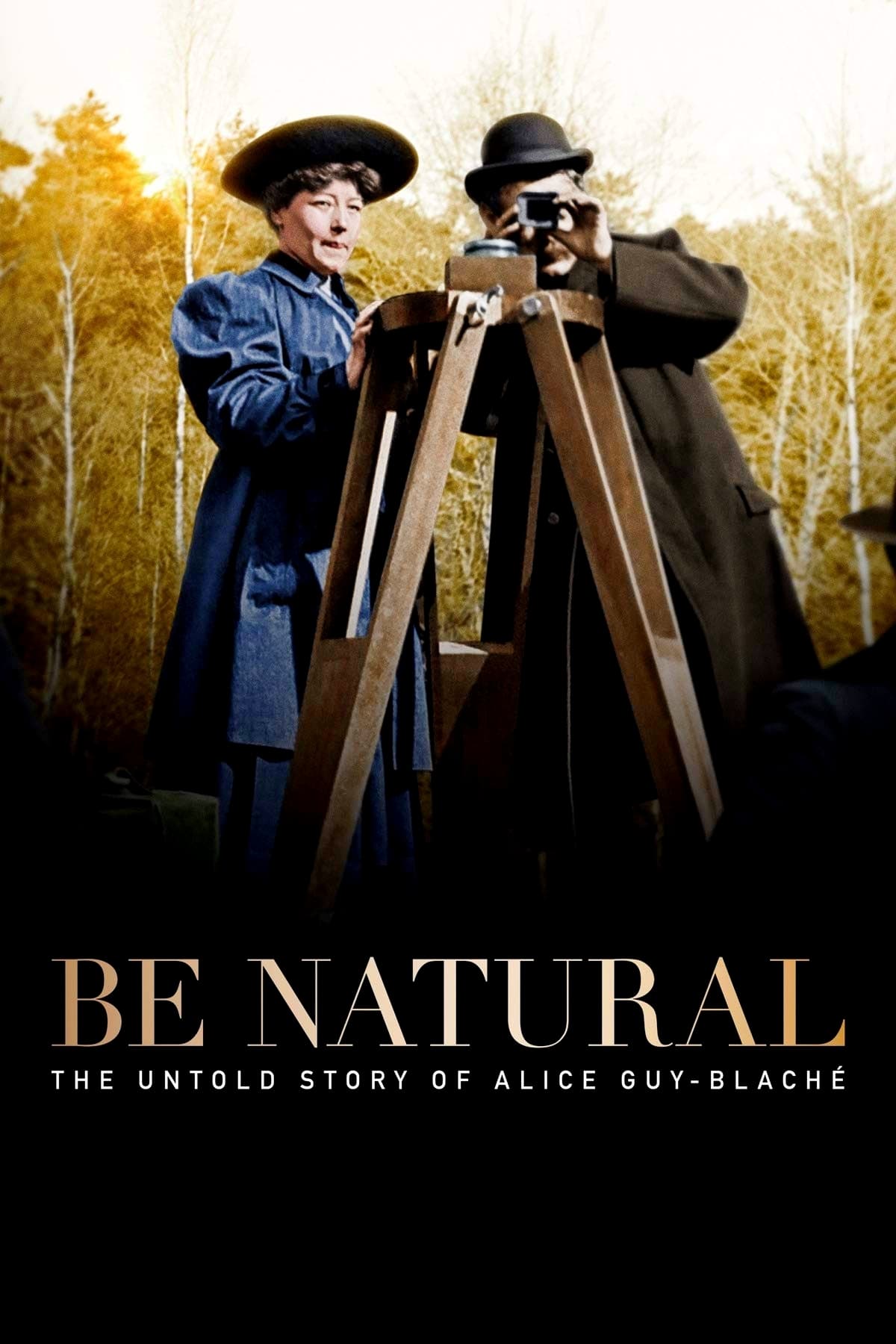
The epic life story of Alice Guy-Blaché (1873–1968), a French screenwriter, director and producer, true pioneer of cinema, the first person who made a narrative fiction film; author of hundreds of movies, but banished from history books. Ignored and forgotten. At last remembered.
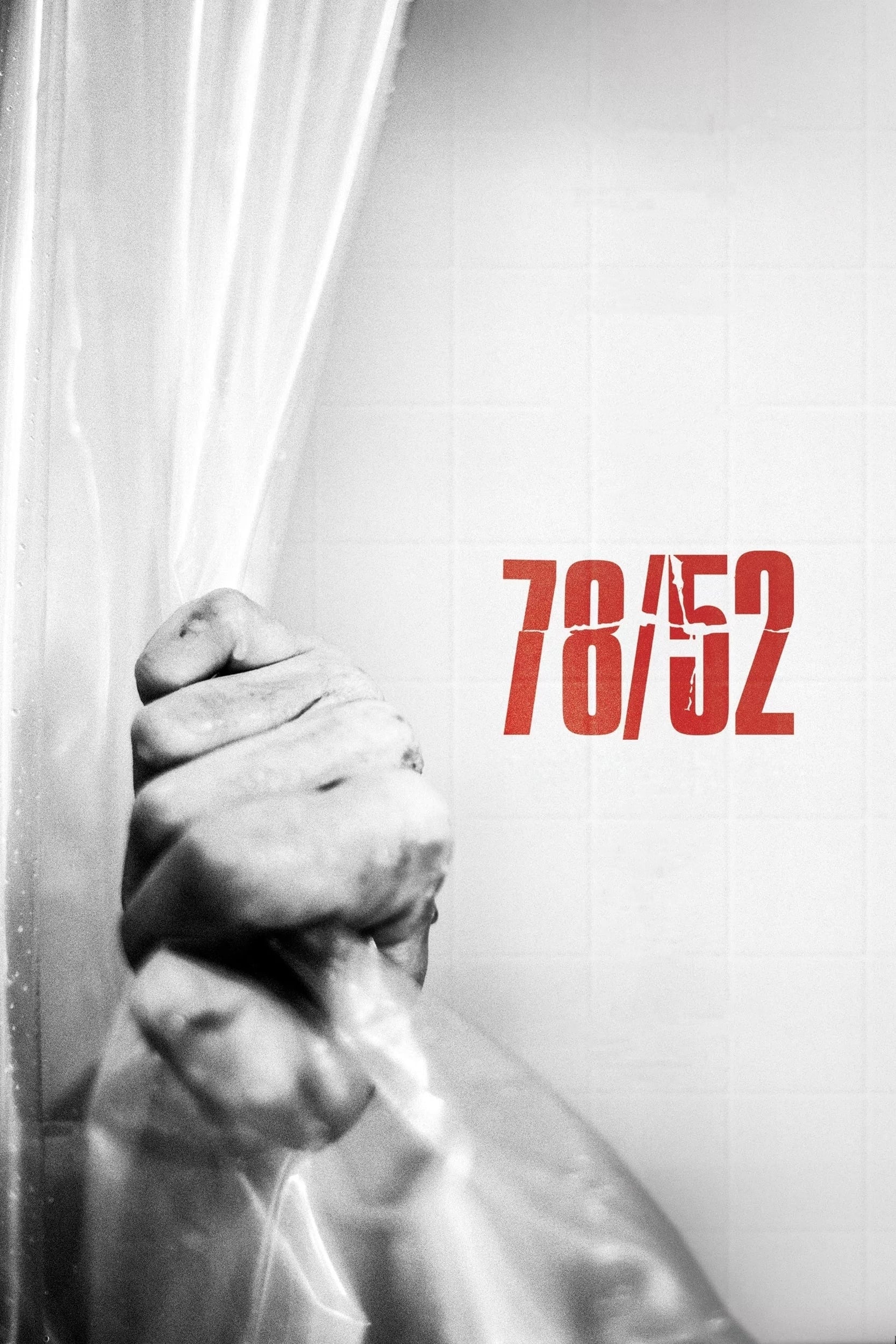
The most famous murder scene in movie history comprises 78 camera settings and 52 cuts: the shower scene in Alfred Hitchcock's Psycho. 78/52 tells the story of the man behind the curtain and his greatest obsession.
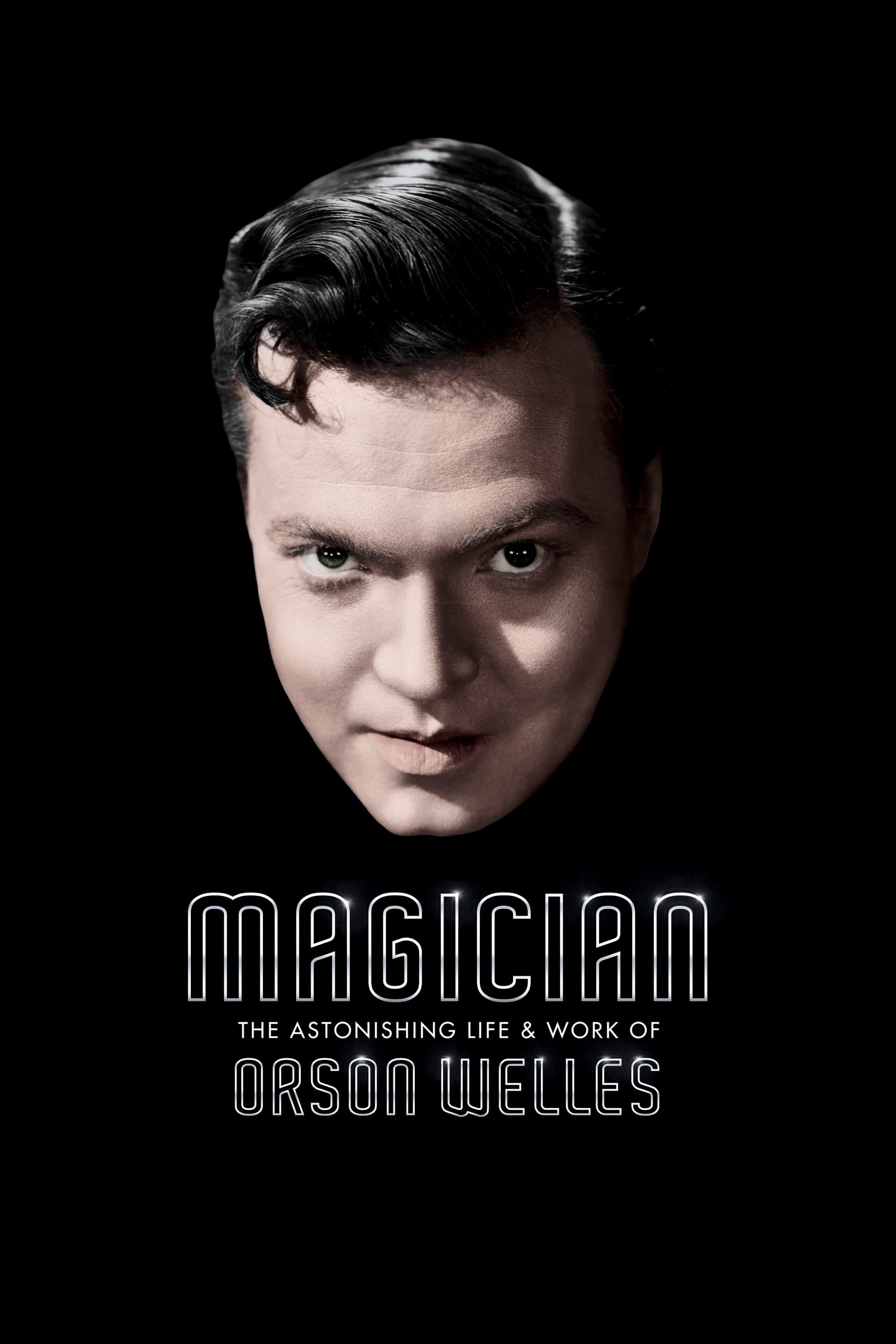
The extraordinary life of Orson Welles (1915-85), an enigma of Hollywood, an irreducible independent creator: a musical prodigy, an excellent painter, a master of theater and radio, a modern Shakespeare, a magician who was always searching for a new trick to surprise his audience, a romantic and legendary figure who lived only for cinema.
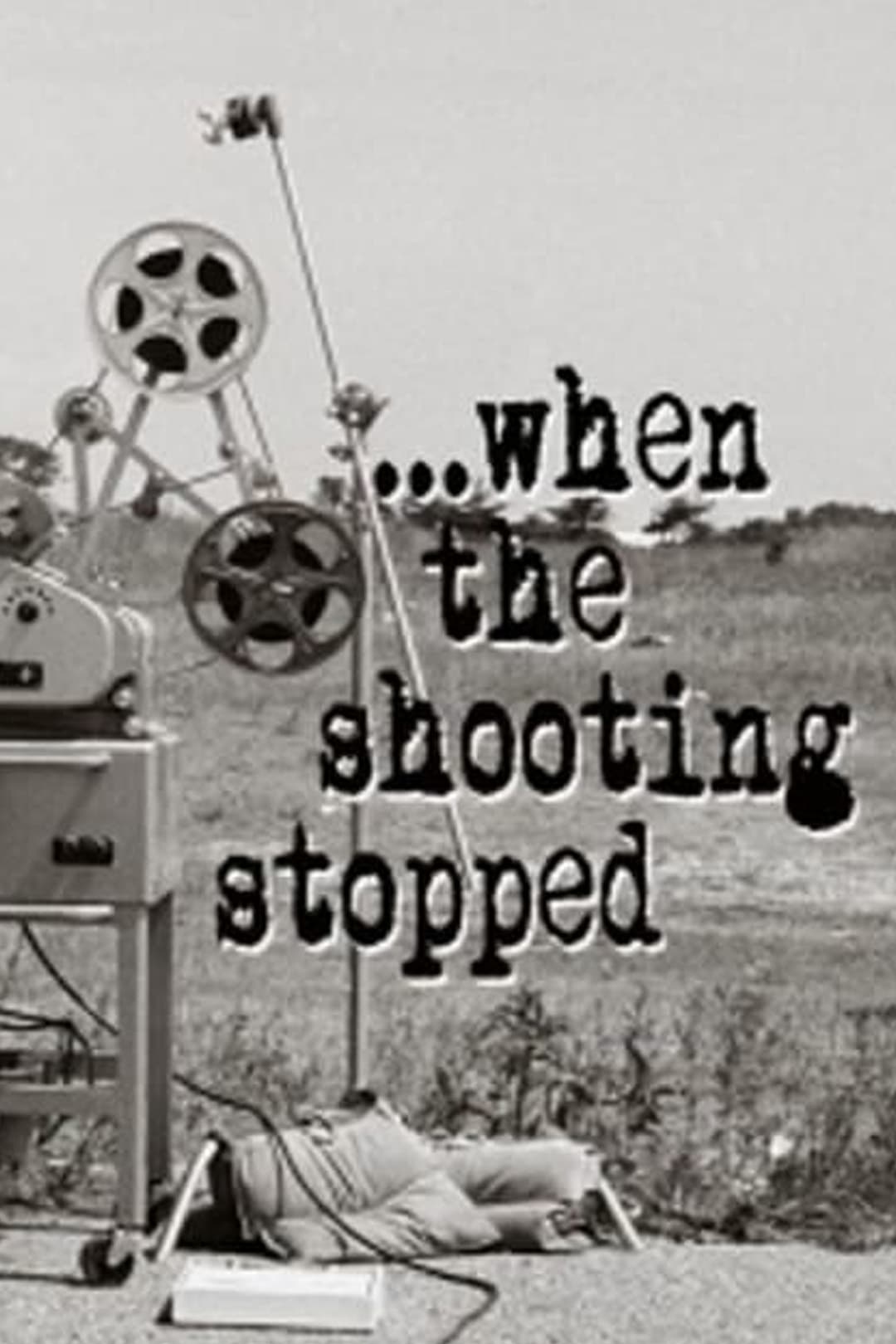
Members of the crew recall the post-production process on the three 'Godfather' movies.
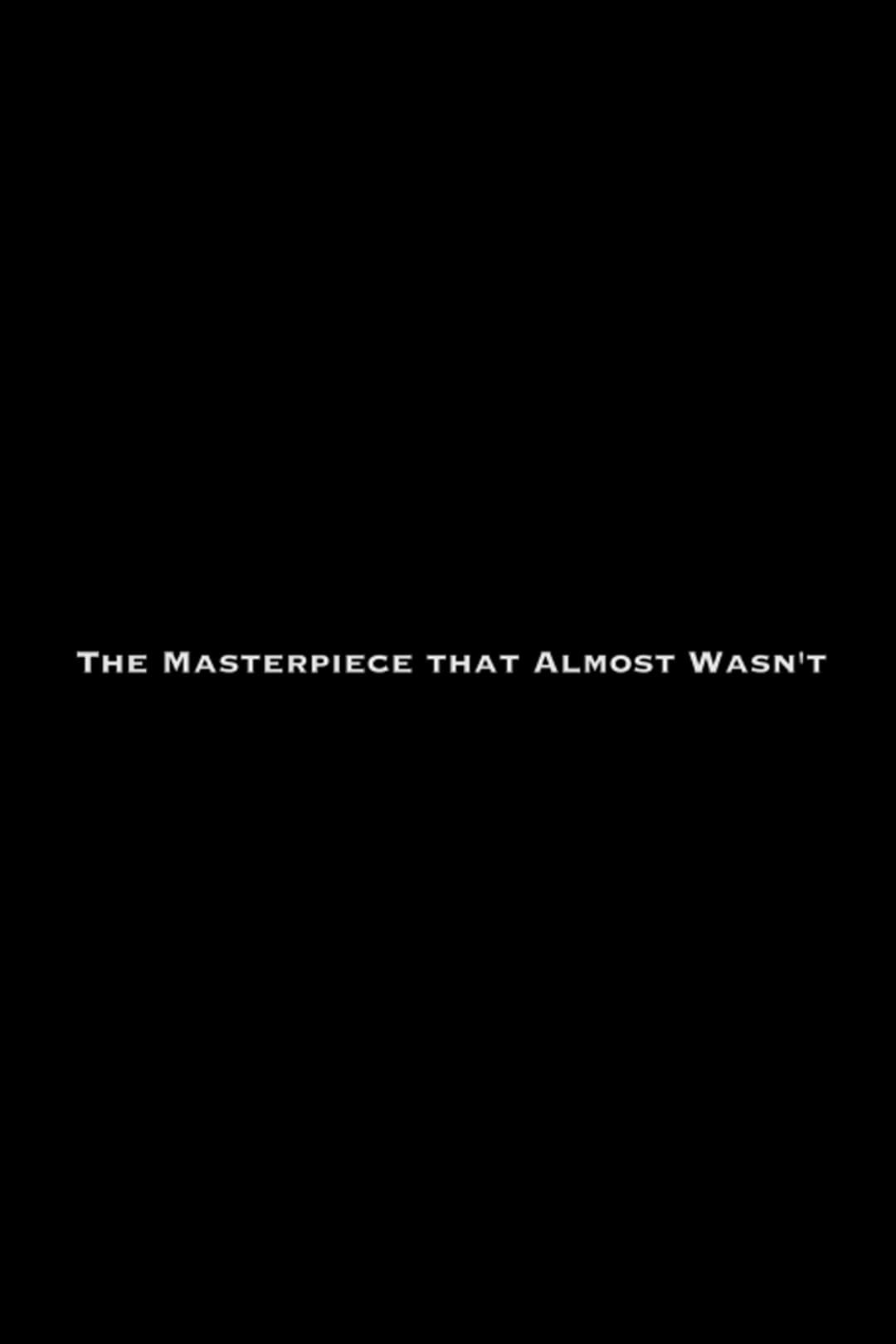
On the 35th anniversary of the release of the landmark film "The Godfather," (March 15, 1972) we look back at the time and place of the film's conception and shooting.
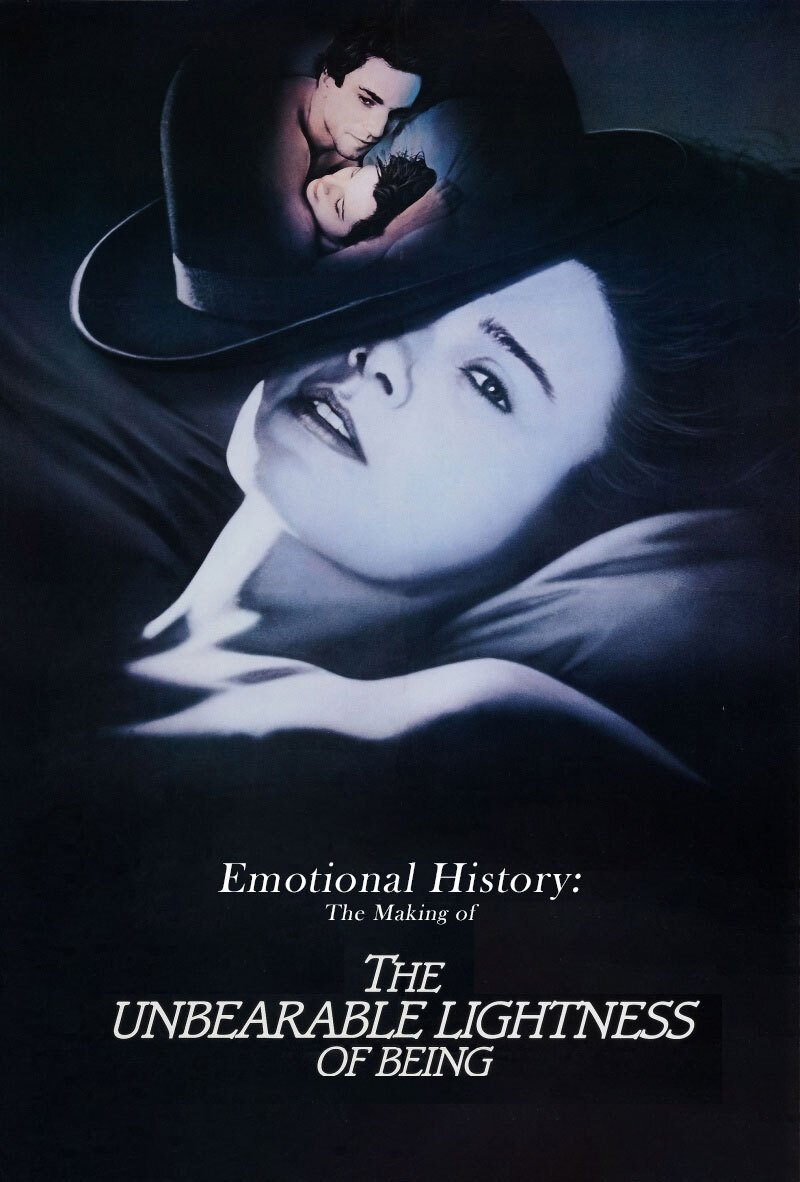
Milan Kundera's rambling novel The Unbearable Lightness of Being, though greatly admired, was thought by Hollywood studio executives to be "unfilmable." Director Philip Kaufman and producer Saul Zaentz proved them wrong. Emotional History follows Kaufman and Zaentz as they enlist the help of screenwriter Jean-Claude Carrière and legendary film editor Walter Murch to turn the Kundera novel into an imaginative exploration of politics and eroticism, set against the backdrop of the Russian invasion of Czechoslovakia. Our documentary goes in-depth to discover how indelible moments in the film - Lena Olin kneeling on a dressing mirror; Russian tanks invading Prague; Juliette Binoche photographing her boyfriend's nude mistress; became a part of cinematic history.
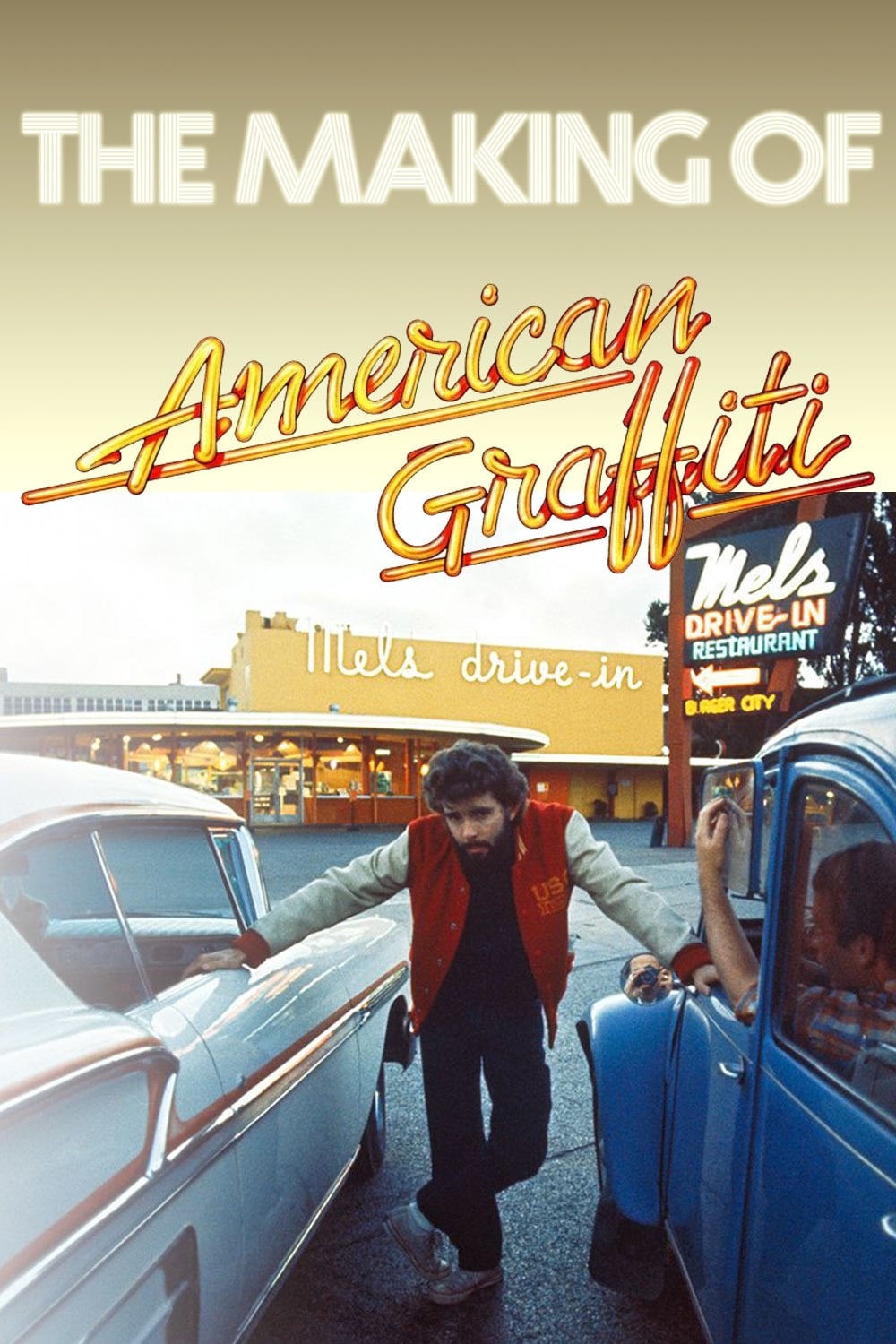
Documentary that features many interviews and other footage of the cast and crew for the film American Graffiti (1973)
Walter Scott Murch (born July 12, 1943) is an American film editor, director, writer and sound designer. With a career stretching back to 1969, including work on THX 1138, Apocalypse Now, The Godfather I, II, and III, American Graffiti, The Conversation, and The English Patient, with three Academy Award wins (from nine nominations: six for picture editing and three for sound mixing), he has been referred to by Roger Ebert as "the most respected film editor and sound designer in the modern cinema."
By browsing this website, you accept our cookies policy.